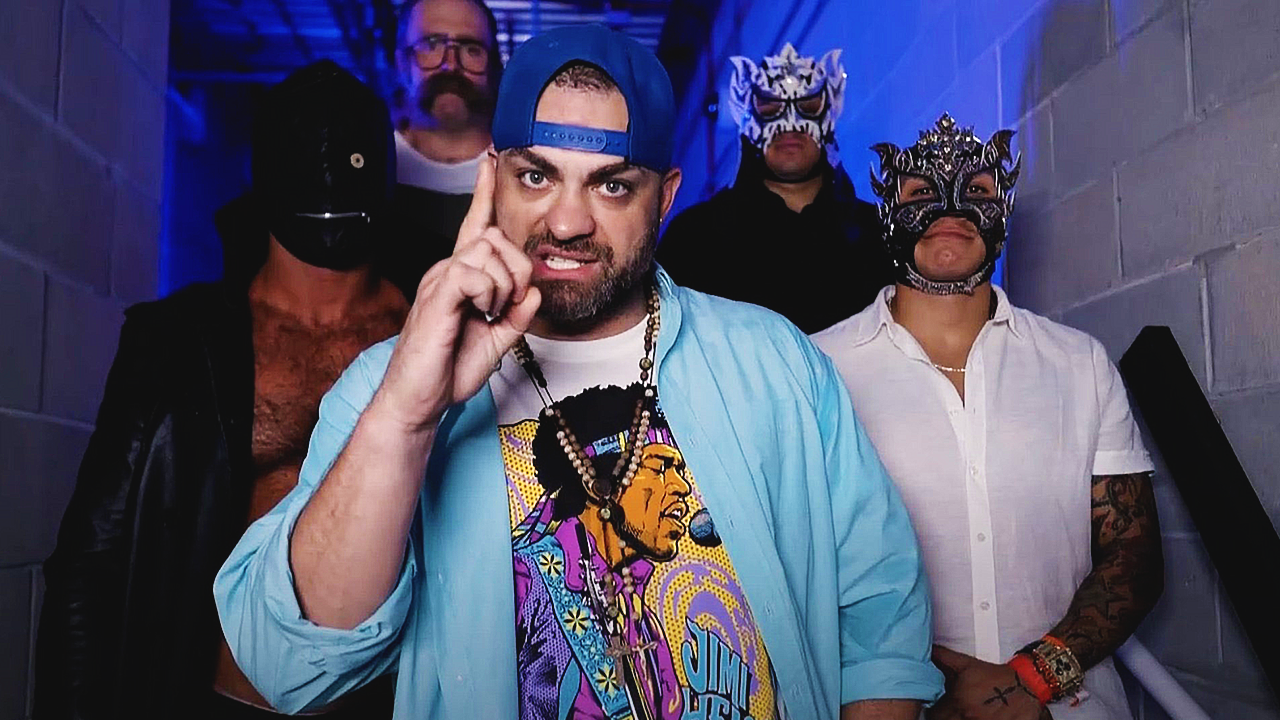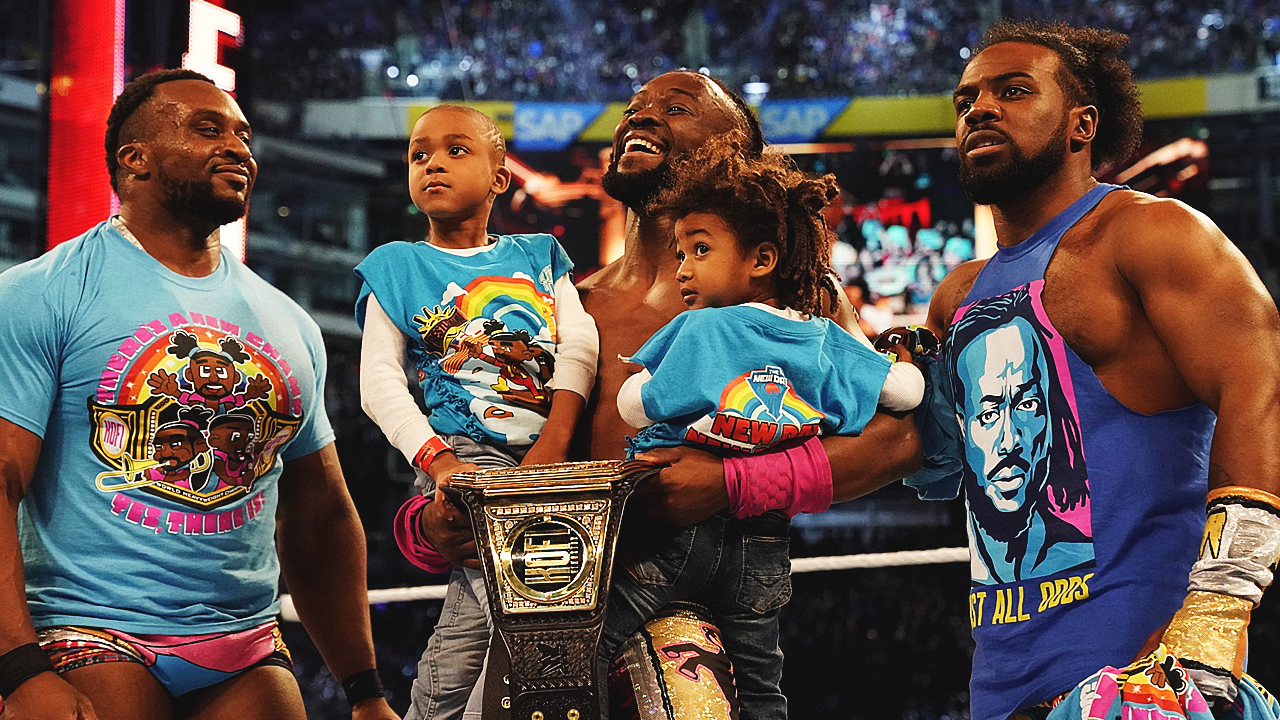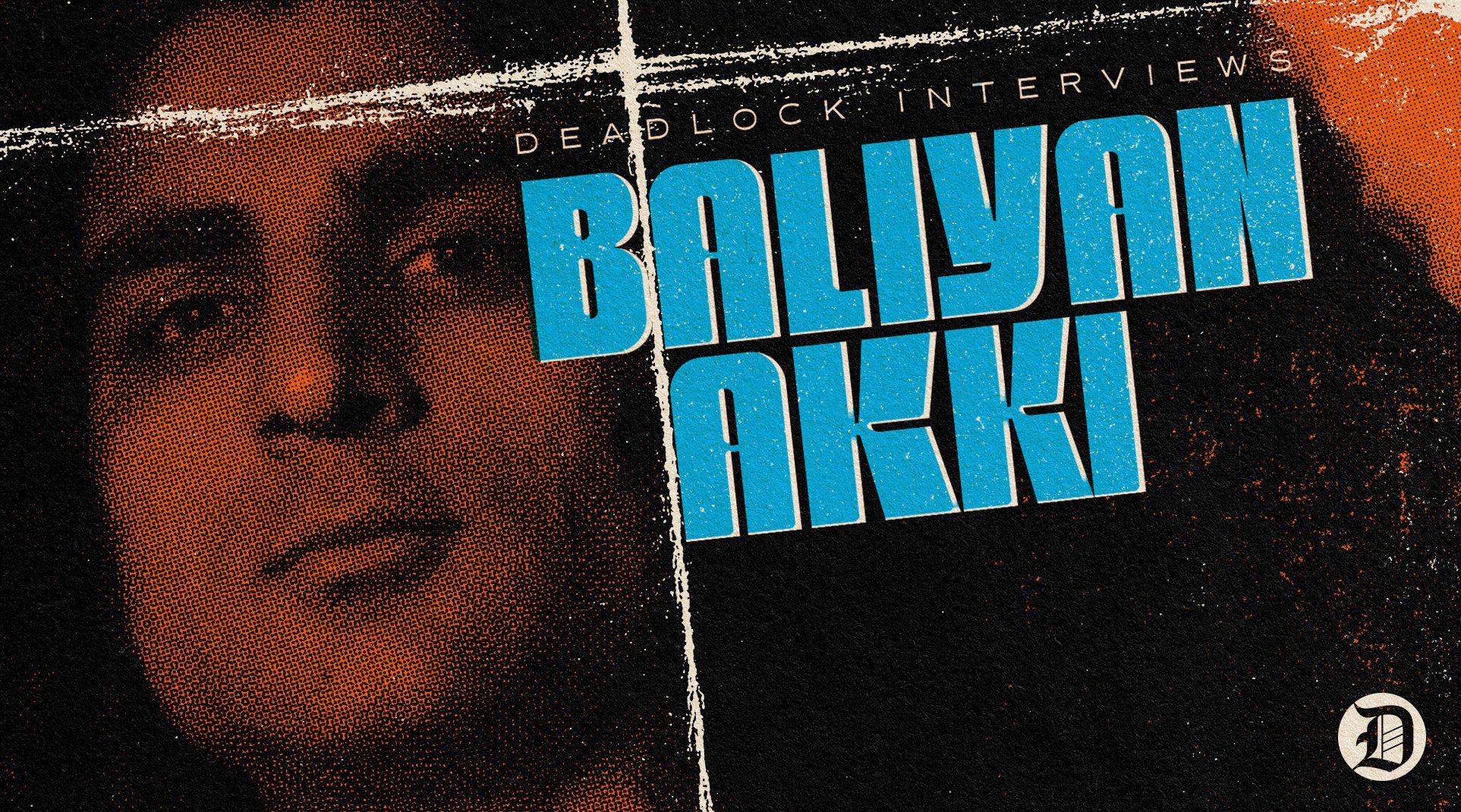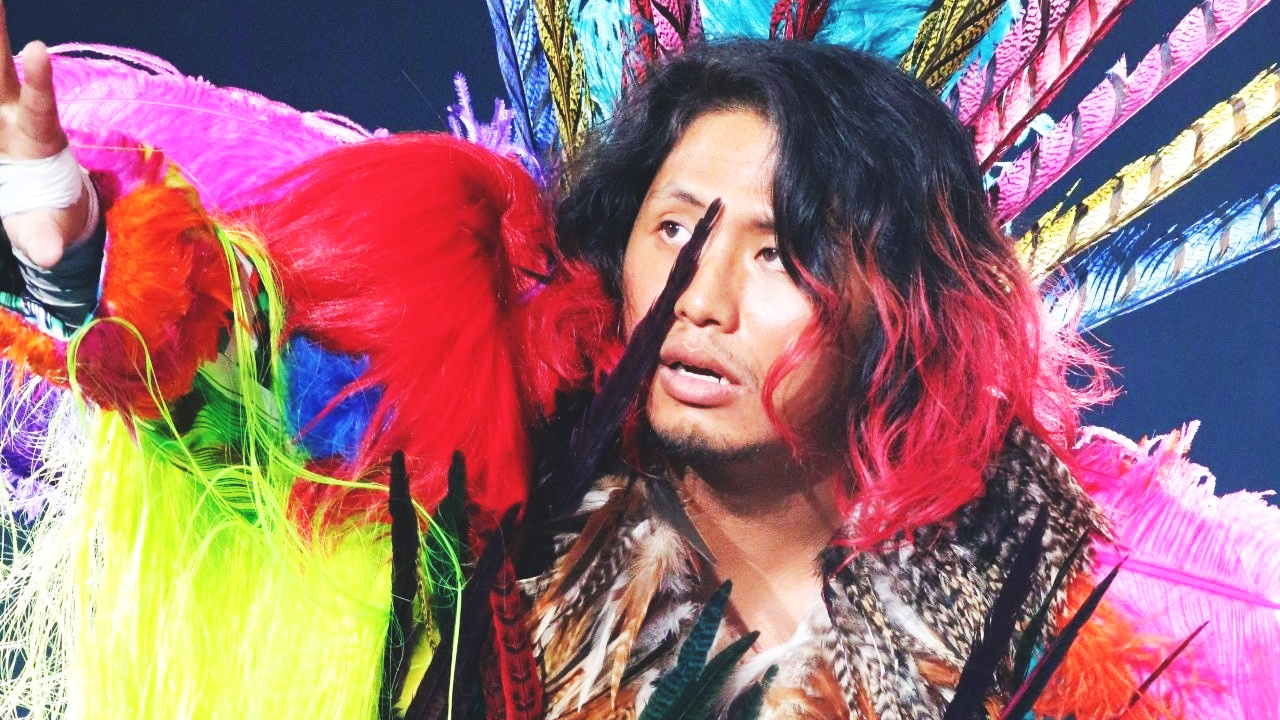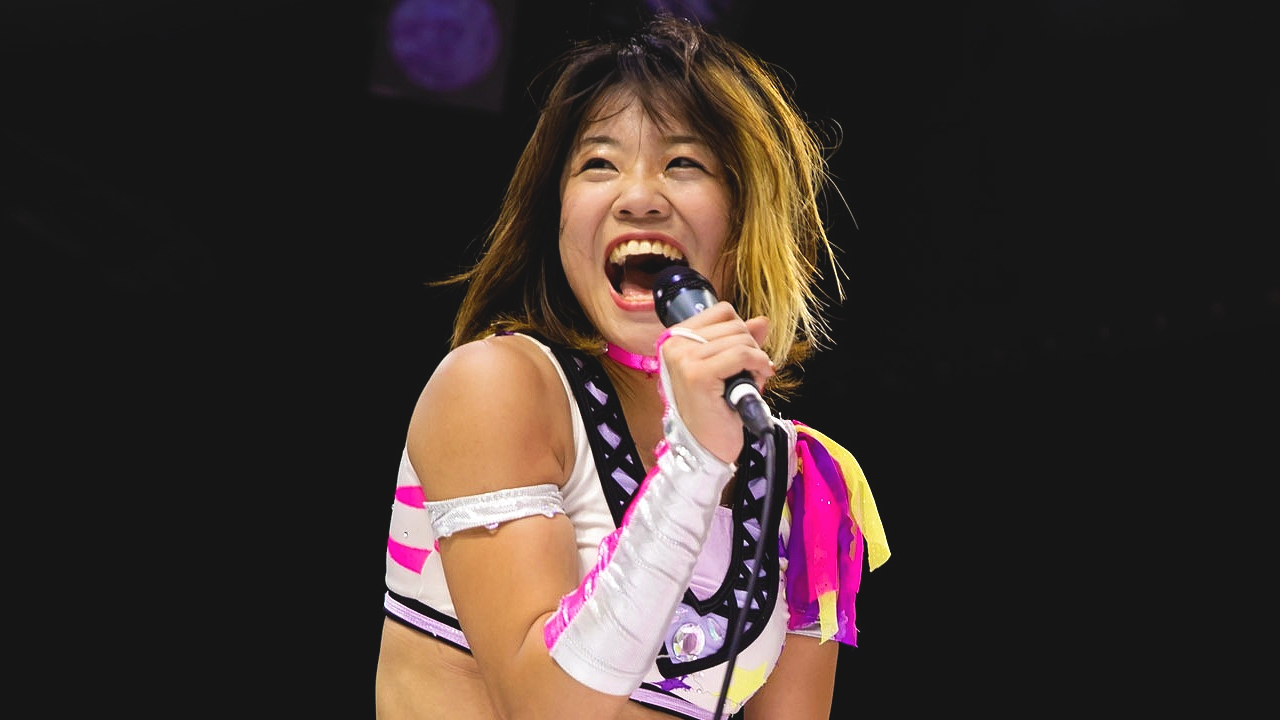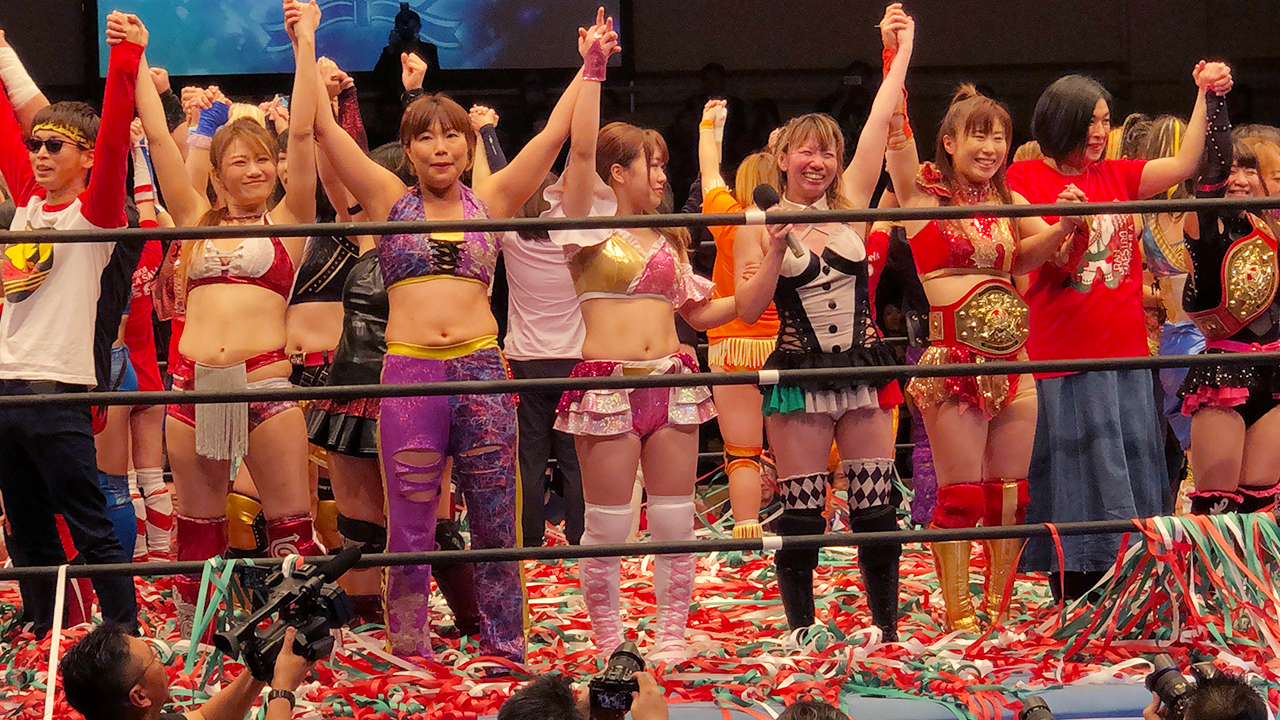The state of All Elite Wrestling throughout the COVID-19 Pandemic has been quite a heated topic of discussion in recent months. Disregarding the disdain held for the company on behalf of NXT fans, AEW has been an extremely polarizing company in the eyes of the hardcore wrestling fans, that they need to fuel their company, during the uncertainty that this pandemic brings. From negatives like their various social media blunders to overall positive, albeit divisive events like the Stadium Stampede match back in May, AEW has noticeably been sailing treacherous waters in the court of public opinion in recent months. Despite this, one decision that was universally praised & celebrated by wrestling fans was the debut and subsequent signing of independent wrestling legend Eddie Kingston in late July.
A contender for being one of the greatest talkers in the history of our sport, the Mad King’s first appearance on AEW television took place when he challenged Cody for the TNT Title back on July 22nd. Not only did he give Cody one of his best matches months, but he was also able to captivate fans in 10 minutes better than some are capable of with a 6-month build. His performance and overall reputation throughout the indies garnered him enough fanfare online to get #SignEddieKingston trending throughout the United States before his signing was officially announced by the company nine days later. With his recent reintroduction to the TNT audience harboring fanfare once again, new fans may be questioning the hype that has encompassed the 18-year vet in previous months. To that, I say “buckle up, partna”, we’ve got a lot to talk about.
To start, let’s discuss a moniker that has been closely associated with Kingston for quite some time now – the Last of a Dying Breed. Beyond just being a cool nickname, the phrase largely defines Eddie Kingston’s presence on the independent scene over the past few years and his brand professional wrestling as a whole. On the independent level, it could be seen as an ode to his status as one of the last independent guys of his era to still be competing at such a high level without going to WWE. Looking back at his career, some of Eddie’s original peers on the indies included the likes of Bryan Danielson, Samoa Joe, Chris Hero, and Claudio Castignoli; All these men ended up in WWE while Eddie remained a stalwart of the independent scene for most of his career. For better or for worse, Eddie Kingston has consistently been one of the top dogs on the indies for a decade and a half and has had a lasting impact on the companies he’s competed for during that time.
Looking past his long-held status as the King of the Indies (No relation), being the Last of a Dying Breed can also be seen as Kingston’s philosophy as a professional wrestler entirely. It references the dwindling amount of wrestlers who share in that philosophy within modern professional wrestling. In the 2019 Mini-Doc “And Then There Was King” – which I highly recommend you going out of your way to watch – Eddie himself brought up the nickname and what it truly means to him.
I’m cut from the cloth of Homicide, Low Ki… Now it’s getting a little deeper, Bruiser Brody, Stan Hansen, the great, legendary Terry Funk. I’m cut from that cloth, man, fighters. I’m not cut from the cloth of dudes who can do crazy stuff off the top rope – Yo, all due respect, do your crazy stuff off the top rope… Do it, cause I can’t do it, but believe me when I tell you if I punch you in the mouth you ain’t gonna be flipping around anywhere.
Eddie Kingston
While I’m not one to assume someone else’s beliefs, Eddie paints a pretty clear picture of his in this quote. As an industry, pro wrestling has evolved to embrace the more showman-like aspects of the business rather than a more realistic brawling style that was prominent back in the day. As of today, Eddie is the #1 purveyor of that style in the west, where high spots are heavily; However, like Eddie said, that’s no disrespect towards the more flashy style of professional wrestling, but rather a testament to Kingston’s distinctiveness and authenticity compared to most wrestlers in the West. This also ties into a desire for connection through realism that Eddie has frequently expressed his beliefs in over the years. His mention of Terry Funk also encourages this idea, as Funk’s theory on pro wrestling states: “I can’t make people believe wrestling is real, but I can make them believe I’m real,” which is a train of thought Eddie brilliantly displays to this day.
This pursuit of realism as a professional wrestler likely comes from both Eddie’s legitimacy outside of the ring and from his influences within it. Along with the aforementioned Terry Funk and Bruiser Brody, chief among these influences are the Four Pillars of Heaven from 1990s All Japan Pro Wrestling. Toshiaki Kawada, Kenta Kobashi, Mitsuharu Misawa, and Akira Taue ruled the puro world in the 90s and are regarded still today as four of the greatest wrestlers to ever live. You can see Eddie give small homages to the Pillars throughout many of his matches, but the similarities don’t stop there. Eddie’s methods of in-ring storytelling also bear similarities to Kings Road, the style in which that era of AJPW was molded around from its inception. Having a focus on realistic, hard-hitting matches while still being highly story-driven is something that the Four Pillars mastered, and continues to be something that Eddie does better than anybody in the west today.
While his in-ring storytelling puts him up there with some of the greatest independent wrestlers of all time, what could be considered the selling point of Eddie Kingston is his proficiency in the art of the promo. Since his early days on the indies, Eddie has been consistently praised for his ability to draw in an audience with his words, something he especially displayed in places like his original stomping grounds of Chikara. From his infamous promos regarding his blood feud with Lince Dorado in 2008, to what is likely considered his Magnum Opus in his pre-tape at High Noon 2011, his contrast to the over-the-top nature of Chikara made him one of the most interesting members of the company for years. For a more recent example, Eddie’s promos have been a major aspect of his run in AAW over the past 7 years.
From his debut in the indie company back in 2013, Eddie has consistently been one of the most important wrestlers in AAW due to his connection with the Chicago crowd. Regardless of if he was wrestling as a heel or a babyface, in the main event or the opener, Kingston had your attention when he was on the mic, and it made each of his matches more important in the process. It was impossible to not be interested in an Eddie Kingston segment, and I know this because this young writer’s first independent wrestling show ever was headlined by the Mad King’s final AAW title defense back in 2016. While I went into the show not knowing many names, by the end of the night it was impossible to forget the name Eddie Kingston. And, as we saw in his AEW debut, this was not an isolated incident.
When it comes to promos, Eddie is up there with all-time greats like Dusty Rhodes and Mick Foley. When it comes to in-ring knowledge and ability, Eddie is unlike anybody else in the world today. If success in wrestling was purely based on the skillfulness of a wrestler, Eddie Kingston would be one of the richest men in the industry today. While this is yet to be the case, Eddie’s future in AEW is very interesting to me as he makes himself known to the biggest audience he’s ever been in front of. With him now being the de facto leader of The Butcher, The Blade, and the Lucha Bros, Eddie will likely demonstrate his skills as both a manager and a wrestler, similar to his role with LAX & the OGz during his time in Impact Wrestling. Considering AEW’s current faction wars, this leadership could be the start of a very successful run for Eddie in the company, similar to that of his former tag partner, Brodie Lee. Regardless of how Eddie acquaints himself with the AEW roster, there is little doubt in my mind that he will quickly prove to the world how important he and his philosophy are to professional wrestling today… Bundle Up.

